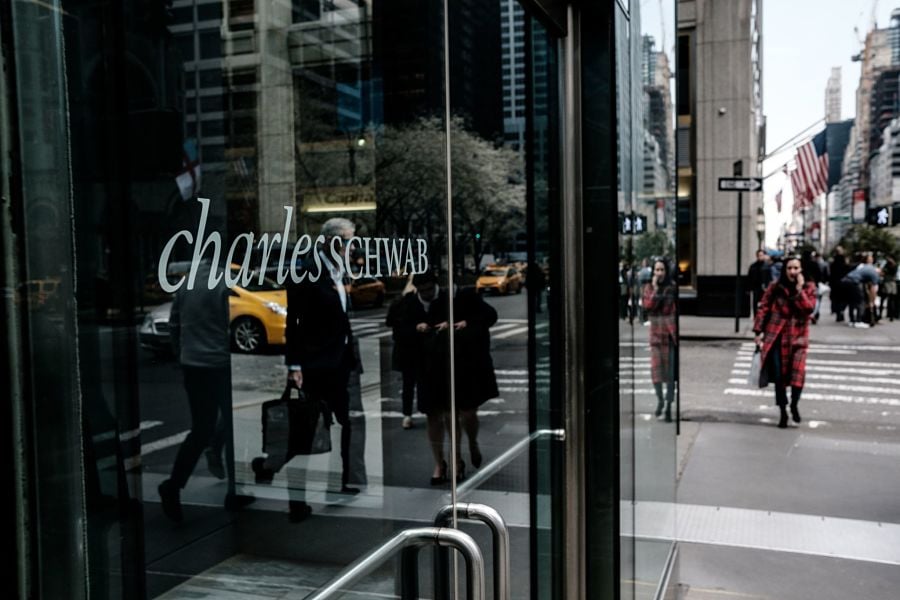

Charles Schwab Corp.’s $26 billion acquisition of TD Ameritrade Holding Corp. has received approval from the Antitrust Division of the Department of Justice, the company announced Thursday.
The DOJ’s completion of its investigation is an “important milestone” toward the proposed deal, Charles Schwab President and CEO Walt Bettinger said in a statement. However, the firm still has additional red tape to cut through including further regulatory sign-offs and approvals.
In an important first step, stockholders voted to approve the deal Thursday afternoon.
“We’re gratified by the DOJ’s decision and appreciate its diligent and thorough review,” Bettinger said in the statement.
As a result, the transaction is expected to close in the second half of the year. The complete integration of both firms could take between 18 to 36 months to complete after the close, according to the release.
Charles Schwab announced the mega-deal, which would create a Goliath brokerage firm with roughly $5 trillion in combined assets, in late November 2019. The tie-up drew the scrutiny of antitrust regulators almost immediately.
The close of the final deal would mean smaller discount brokerages, like Fidelity Investments and ETrade Financial Corp., which was purchased by Morgan Stanley in February, will have to contend with a more formidable competitor.
This story has been updated to reflect the vote by stockholders to approve the acquisition Thursday afternoon.

Integrated Partners is adding a mother-son tandem to its network in Missouri as Kestra onboards a father-son advisor duo from UBS.

Futures indicate stocks will build on Tuesday's rally.

Cost of living still tops concerns about negative impacts on personal finances

Financial advisors remain vital allies even as DIY investing grows

A trade deal would mean significant cut in tariffs but 'it wont be zero'.
RIAs face rising regulatory pressure in 2025. Forward-looking firms are responding with embedded technology, not more paperwork.
As inheritances are set to reshape client portfolios and next-gen heirs demand digital-first experiences, firms are retooling their wealth tech stacks and succession models in real time.
